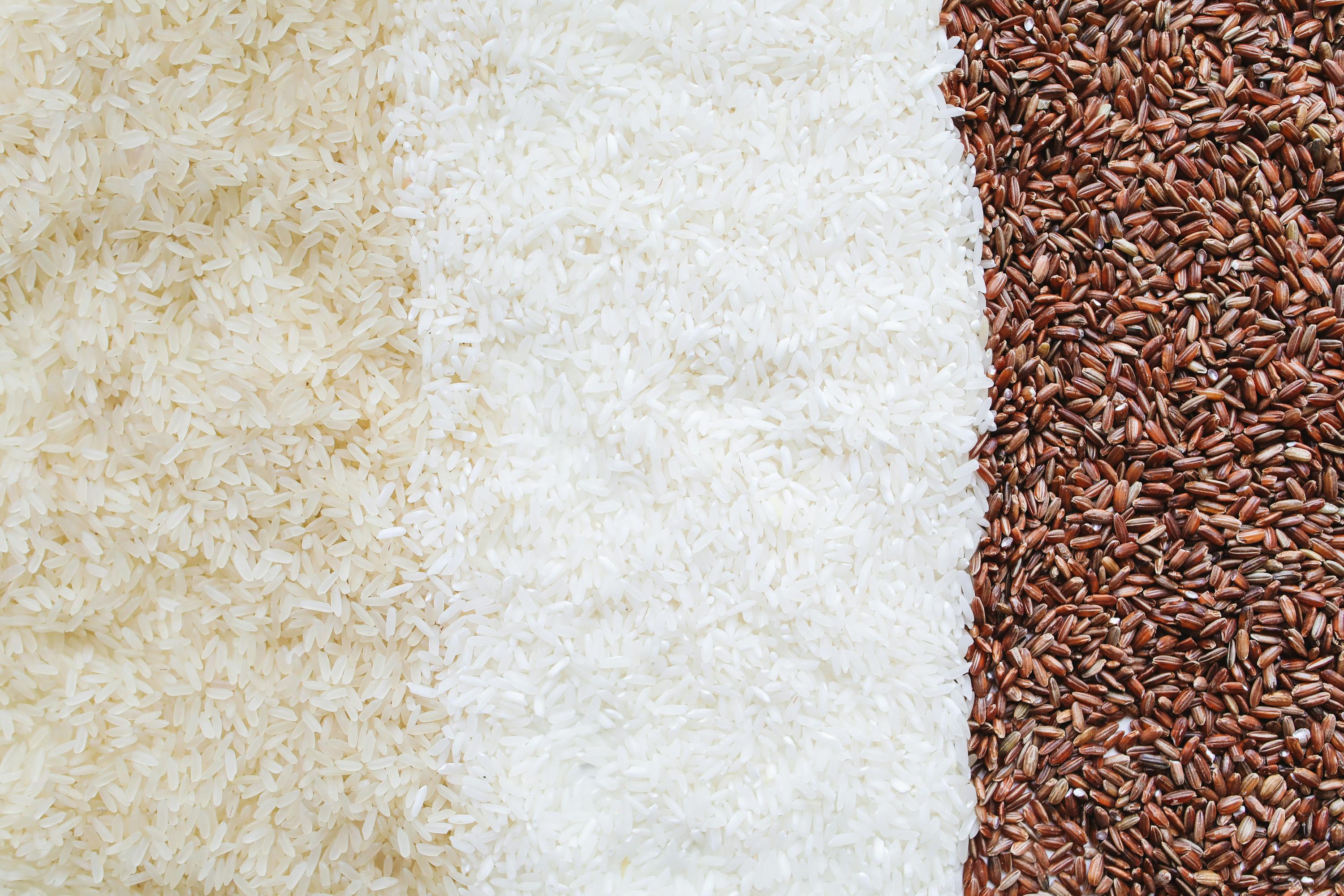Effective 3-Month Pre-Bariatric Surgery Diet Plan to Optimize Results in 2025

Effective 3-Month Pre-Bariatric Surgery Diet Plan
Embarking on a weight loss journey through bariatric surgery is an impactful decision, often leading to significant health improvements. A well-structured pre-bariatric surgery diet can optimize outcomes and promote sustainable weight loss. The aim of this diet is to prepare your body for surgery while ensuring you develop healthy eating habits. This comprehensive guide will take you through essential meal plans, tips for nutritional intake, and strategies for behavioral modification.
Throughout this article, you will become familiar with detailed meal preparation methods, food choices that align with your calorie goals, and how to effectively manage your nutrition before surgery. This roadmap will empower you to make informed decisions that can enhance your experience as you approach your weight loss surgery and beyond.
Key takeaways from this article include a clear understanding of the pre-surgery guidelines, practical meal ideas, the importance of hydration, and how to develop healthier eating habits. Let’s dive into the optimal pre-operative nutrition that aligns with your weight loss targets.
Understanding the Pre-Surgery Guidelines
Before starting your diet, it's crucial to grasp the pre-operative guidelines provided by your healthcare team. These guidelines are tailored to ensure that you safely lose weight and reduce the risks associated with surgery.
Calorie Counting and Nutritional Needs
Calorie counting lays the foundation for your meal plan, helping you manage your intake effectively. Often, a low-calorie diet encourages the body to shed pounds, allowing for a smoother surgical experience. Typically, patients need to consume around 1,200 to 1,800 calories per day, depending on individual health profiles. It's essential to emphasize nutrient-dense foods, including lean proteins, whole grains, fruits, and vegetables, which will support your overall health and weight loss goals.
Incorporating healthy fats into your diet is also important. Opt for sources like avocados, nuts, and olive oil, which can provide essential fatty acids and satiety without excessive calories. Ensure that each meal is balanced, meeting vitamin and mineral requirements. This will help prevent nutritional deficits during your preoperative phase.
Hydration Strategies
Staying hydrated is fundamental to weight management and overall health. It’s recommended to drink at least 64 ounces of water daily. Avoid high-calorie beverages such as sugary drinks or excessive caffeine, which can lead to dehydration. Consider integrating herbal teas or infused water to enhance flavor without adding calories.
Planning your hydration schedule can aid in maintaining consistent fluid intake, particularly during meal times. Aim to drink liquids between meals rather than with them to prevent unintentional calorie consumption and discomfort. Hydration not only supports digestion but also plays a crucial role in the metabolic processes essential for weight loss.
Behavior Modification and Dietary Changes
Implementing behavioral changes is crucial during the pre-surgery phase. Emphasizing mindful eating can help you recognize hunger cues and make healthier food choices. Food journaling is a practical tool, allowing you to track your meals and emotional patterns linked to eating behaviors. Understanding the psychology of eating is vital for sustainable weight loss and successful surgery preparation.
Consider attending support groups or consulting with nutritionists to bolster your journey. These resources can provide motivational techniques and a community of individuals experiencing similar challenges. Engaging in discussions can offer insights into handling cravings and making healthier food choices.
Crafting an Individualized Meal Plan
With your understanding of pre-surgery guidelines established, the next step is creating a personalized meal plan tailored to your needs. This meal plan should focus on nutrient density while adhering to calorie restrictions that aid in pre-operative weight loss.
Meal Frequency and Planning
Establishing consistent meal frequencies, such as three main meals and two healthy snacks per day, can help with calorie control and energy levels. When planning your meals, ensure they consist of balanced macronutrients. A common strategy is the plate method: fill half your plate with vegetables, one quarter with lean protein, and one quarter with whole grains. This visual approach simplifies portion control and nutrient balancing.
For snack options, consider foods that are high in fiber, such as fruits and vegetables, which provide satiety and essential vitamins. Meal prepping in advance can save time and ensure you have a variety of nutritious options readily available.
Incorporating Lean Proteins and Healthy Carbohydrates
For optimal protein intake, include sources such as chicken, turkey, fish, eggs, and plant-based proteins. Protein shakes can supplement your intake and provide convenience. Adjusting carbohydrate sources by focusing on whole grains, like quinoa, oats, and brown rice, supports prolonged energy release and helps in maintaining blood sugar levels.
A low-carb diet can be beneficial as it encourages your body to use fat as a fuel source. This gradual transition can enhance weight loss results while preparing your body for surgery. Not only will it aid in weight loss, but it can also improve metabolic health and reduce the risk of postoperative complications.
Nutrient Timing and Meal Goals
Understanding nutrient timing can further enhance your results. Consuming protein-rich foods before and after workouts fosters muscle recovery and growth, which is beneficial for long-term weight maintenance. Setting specific meal goals, such as prioritizing vegetables at each meal or having protein snacks, reinforces healthy eating patterns.
Consider cooking healthy meals at home, allowing you to control ingredients and portions while also promoting a healthier lifestyle. This process can also provide emotional benefits by creating a positive connection with food as you begin this transformative journey.
Healthy Snacking and Food Substitutes
Diversifying your snacks is vital, as it helps manage cravings while maintaining your calorie goals. Healthy snacking options should be nutrient-rich rather than calorie-heavy.
Smart Snack Choices
Snack options like Greek yogurt, cut-up vegetables with hummus, or mixed nuts can offer satisfying alternatives without excessive calories. Selecting nutrient-dense snacks can ensure you meet your daily vitamin and mineral requirements while promoting ongoing weight loss and stable energy levels.
Food substitutes can also facilitate healthier eating. For instance, choosing whole grain bread instead of white bread or using zoodles (zucchini noodles) instead of traditional pasta can decrease calories while increasing fiber intake.
Behavioral Strategies for Snacking Success
Incorporating mindful eating practices can significantly improve your snacking habits. Awareness of portion sizes is critical; using smaller plates can help manage food measurements and expectations. Keeping a food journal can supplement your awareness by tracking what and when you eat.
It’s also important to address emotional eating patterns, identifying triggers and developing healthier coping mechanisms. Engaging in activities, such as exercise or hobbies, in response to cravings can replace unconscious snacking behaviors.
Nutrition Counseling and Support Networks
Lastly, securing nutritional counseling and leveraging support networks plays a pivotal role in your pre-bariatric journey. Professional guidance can address your individual dietary needs, ensuring you are on the right path.
Role of Nutritionists and Dietitians
Consultations with registered dietitians can help tailor your nutrition plans specifically for bariatric surgery preparation. They can provide personalized meal evaluations and address any potential deficiencies that may arise from your diet. Dietitians can guide you in learning healthy cooking methods, provide practical food choices for your meal planning, and teach you about the essential nutrients that will facilitate your surgical preparation.
Moreover, professional advice can help navigate food cravings and emotional eating, aiding in the behavior changes necessary for lasting success.
Building Support Networks
Connecting with support groups creates a community where shared experiences and challenges are addressed to foster motivation. Participating in group discussions can enhance emotional support, making your pre-operative phase less isolating. Community connections reinforce success by providing encouragement and accountability.
In conclusion, the journey towards bariatric surgery requires a strategic approach to nutrition, hydration, and emotional support. By implementing these effective strategies, you are setting yourself up for a successful operation and a healthier lifestyle ahead.

